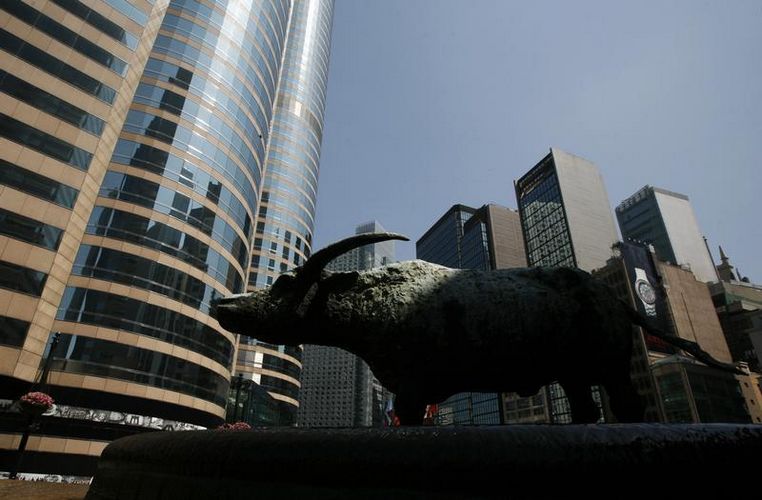The new rules will require IPO hopefuls to lodge their A1 prospectus, with basic details of their balance sheet and associated risks, for public display online. The document will also need to name the IPO sponsors, putting to an end the recent habit of issuers pitting banks against each other by waiting until the last minute to name their main advisers.
Currently, banks expect to earn a higher status on the deal – and better fees – if they secure more investors during pre-marketing, a nonsensical approach that promotes friends and family allocations and distorts market liquidity. The earlier public disclosure means that the sponsors, at least, will be rewarded for doing a proper job over several months before the horse trading starts.
So far, so good. But market sources predict the new rules will lead to some banks approaching investors with other people’s deals. If the investor is interested, they will then approach the issuer, telling them that their bank has secured a unique pocket of demand which they will gladly bring to the offering in return for a bookrunner role.
This is reminiscent of the way property agents tended to work in Dubai, during the bad old days of the 2007 housing boom, before foreign investors realised that buying a property there gave no guarantee that they would ever be able to live in it, or even see it completed. Unscrupulous real estate agents would promote a property and agree a price with the prospective tenant without the owners’ knowledge. They would then approach the owner with the offer, or even a slightly lower one with a tasty spread in between. Meanwhile, dozens of other agents would be doing the same thing with the same property.
Owners, of course, did not care, but that system ignored the tenants’ best interests. Similarly, a battle for investors by bankers with no better knowledge of a listing candidate than anyone with a working knowledge of the internet would be of no benefit for the buy-side.
Privately, bankers acknowledge that they may begin touting other banks’ IPOs, since they expect other banks to do it to them. It already happens, too. Only recently, one big long-only investor is heard to have put one bank in the ‘penalty box’ – in other words, refusing to participate in its share offerings for a while – after the bank tried to convince it to sign a non-disclosure agreement for someone else’s IPO.
Still, a similar system to the new Hong Kong regime works perfectly well in the US, where companies announce months in advance who will act as bookrunners on their IPOs and line-ups rarely change. Issuers should take note and place their trust in a few banks, allowing them to become knowledgeable about their offerings and dig out investor demand in a co-ordinated way, rather than encourage a self-interested free-for-all.
That would be good news for bookrunner fees, too. No bank would complain about tougher disclosure rules if it meant that Hong Kong’s IPO fees, currently around 3%, rose to the 7% level commonly seen in the States.
A little restraint could reap dividends all round – but no one would bet against short-term self-interest prevailing.
